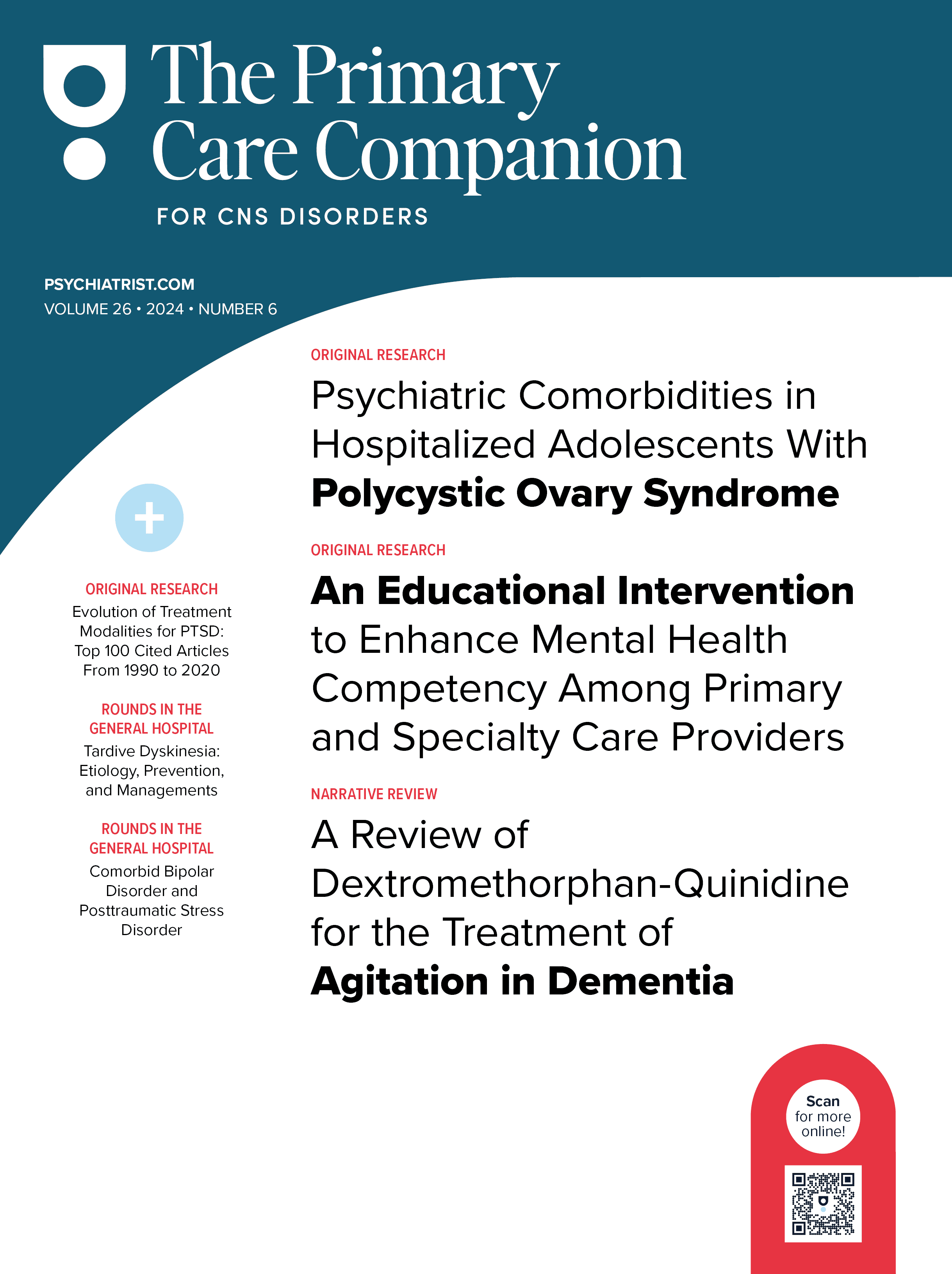Background: Primary care is a potential setting for implementation of depression prevention interventions using cognitive behavioral therapy (CBT) and interpersonal psychotherapy (IPT). The purpose of this study was to develop and conduct a process evaluation of a primary care/Internet-based intervention that addresses key dissemination barriers in a community setting.
Method: We used an interdisciplinary team of investigators in a multistep intervention development process among a sample of primary care patients (aged 18 to 24 years). The intervention included an initial primary care motivational interview to engage the participant, 11 Internet-based modules based on CBT (to counter pessimistic thinking) and IPT (to activate social networks and strengthen relationship skills), and a follow-up motivational interview in primary care to enhance behavior change. Each component of the intervention was rated with regard to dissemination barriers of (1) fidelity, (2) motivation, (3) dose, (4) perceived helpfulness (rated on a Likert scale), and (5) potential costs. The study was conducted from April through June of 2004.
Results: Fidelity checklist and serial reviews were satisfactory (100% core concepts translated into intervention). Key motivations for participation included (1) risk reduction, (2) intervention effectiveness, (3) “resiliency,” and (4) altruism. In terms of dose, 13 of 14 participants engaged the Internet-based components, completing a mean of 7.2 modules (SD = 3.9). The 2 primary care interviews and the self-assessment and resiliency modules received the highest helpfulness ratings. The duration of the 2 motivational interviews was approximately 17-18 minutes, which is similar to a typical primary care visit.
Conclusions: By using multidisciplinary teams and incorporating the opinions of potential users, complex preventive mental health interventions can be translated into primary care settings with adequate fidelity, motivation, dose, and perceived helpfulness, and at a reasonably low cost.
This PDF is free for all visitors!
Save
Cite




